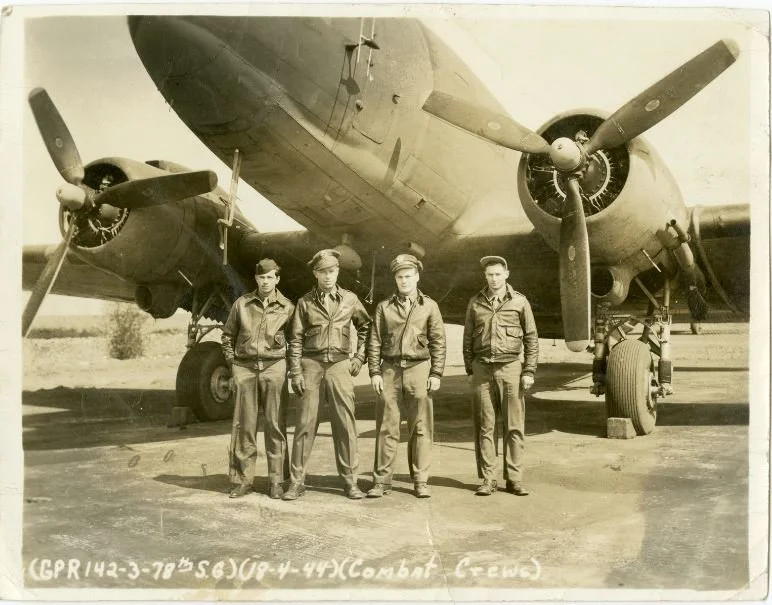The task of hoping
2023-05-19
Dear reader,
Is “Grandpa” or “Grampa” the correct spelling?
I was eight years old and writing a thank-you note to my grandparents for a $20 birthday check.
My boy brain and mouth said “Grampa,” the way that I used to say “pus-getty” instead of “spaghetti.”
But my growing awareness that Grampa was short for “grandfather” led me to edit it to “Grandpa.”
The boy inside me will always want a Grampa and a Gramma. But the couple that I’d visit in Chicopee, Mass., for a week every summer both were and were not the warm elders those monikers would suggest.
A couple years later, approaching my mother’s dad’s death from cancer, I heard adults talk about him by name—Charlie, and I began to understand him and my grandmother, Helen, as the humans they were.
Grampa called me “Buster Brown from out of town” after the 1900s comic strip character, and would take me out to pick blueberries in their backyard. He had four massive bushes. We’d duck under the white bird net and fill our Folger’s coffee cans.
“It might come in handy someday,” would be a fitting motto for Grampa and many of his generation who survived the Great Depression. He made things from spare parts he kept in the basement, like a glider we’d sit on in their yard that incorporated bicycle gears and car parts. He fixed the nylon strapping on my lawn chair three times before he died. He fitted the coffee cans with recycled wire straps we could put over our necks, to pick plump berries with both hands.
I pick too many blueberries that are unripe on their backside. I did then and I do now. Grampa would scold me for it in the evening, when we ate our blueberries over ice cream.
I didn’t know what to say. “I’m sorry”? A couple tart berries didn’t bother me. But he seemed pissed off enough that Gramma would try to take the edge off. “Oh, don’t tease him,” she’d say, as if he’d been joking. But was he? We all lived in fear of his anger.
Charles Nelson Fay was drafted by the U.S. Army at age 21, in 1942. He attained the rank of Staff Sergeant with the 14th Troop Carrier Squadron.
Grampa navigated planes flying out of North Africa, from locations so hot one pilot reported temperatures inside the fuselage above 155ºF. Grampa helped drop Allied troops over Italy in support of Patton, before redeploying to England to drop troops for D-Day.
The author’s grandfather, SSG Charles Fay, Sr., far left, in 1944.
Despite the challenges he faced, or perhaps because of them, I saw him lose his cool one summer day when he had to navigate a self-service gas station for the first time.
Massachusetts then had only full-service stations, like New Jersey today. After a summer visit, they returned me to New York State, stopping at the lone gas station on one long stretch of New Route 22.
After waiting a few minutes for help to appear, he tried to operate the pump, but the bright mind that worked in machine shops and in the Civilian Conservation Corps as a young man was no match for it. He began fuming. It didn’t ease the anger at all when he finally asked for help. The rest of the drive was in silence.
Some greater blowout had also occurred with my parents. I remember raised voices and being dropped off without Gramma and Grandpa staying for the coffee they usually loved. I didn’t see them again for a couple years, and only then after my dad put Charlie on notice that “We’re not going to talk about it.”
I told my son this story a couple months ago, driving him to school. We’d had car trouble, and I was cranky. I borrowed my neighbor’s Honda Fit at the last minute.
Yesterday’s pain will continue until we confront and heal it, I told him. Kids exposed to these storms are always trying to make sense of them. They often blame themselves and then later transmit the same pain.
And I told my son, I also believe we are given opportunities, every day, to heal. If we slow down and notice them.
On the return from school dropoff, I stopped at a self-serve station (the only kind I like) to top off the neighbor’s tank.
But it was my first time driving this car. I couldn’t find a button to open the gas tank door. I looked on the driver’s side. I looked on the dash. I looked on the floor. I looked on the gas door itself for a finger hold. Nothing.
As the minutes ticked by, I felt stupid, and frustrated. I’ll just drive home, I thought. There’s plenty of gas in the car. I’ll make it up to them next time.
And I realized that if I did so, my advice to my son would be empty. I laughed at myself for getting riled up about something and somehow feeling above asking for help.
I’d noticed another car pull up while I was fumbling around. A man had gone inside. I decided to wait for him.
“I used to have a car like this,” the guy said, a couple minutes later. “Let me take a look.” His name was Dennis.
After Dennis spent a fruitless minute looking, I checked the door again. I tried getting my finger behind it again, no luck. Then, in desperation, I pushed it.
CLICK! The tank popped open. Spring-loaded—never seen that before.
“Thank you,” I told Dennis. “You really made my day.”
I pumped the gas. And I thanked Grampa for giving me this experience, and the smile on his great-grandson’s face when I told him about it later.
Gratefully yours,
Tristan
Quill Nook Farm


